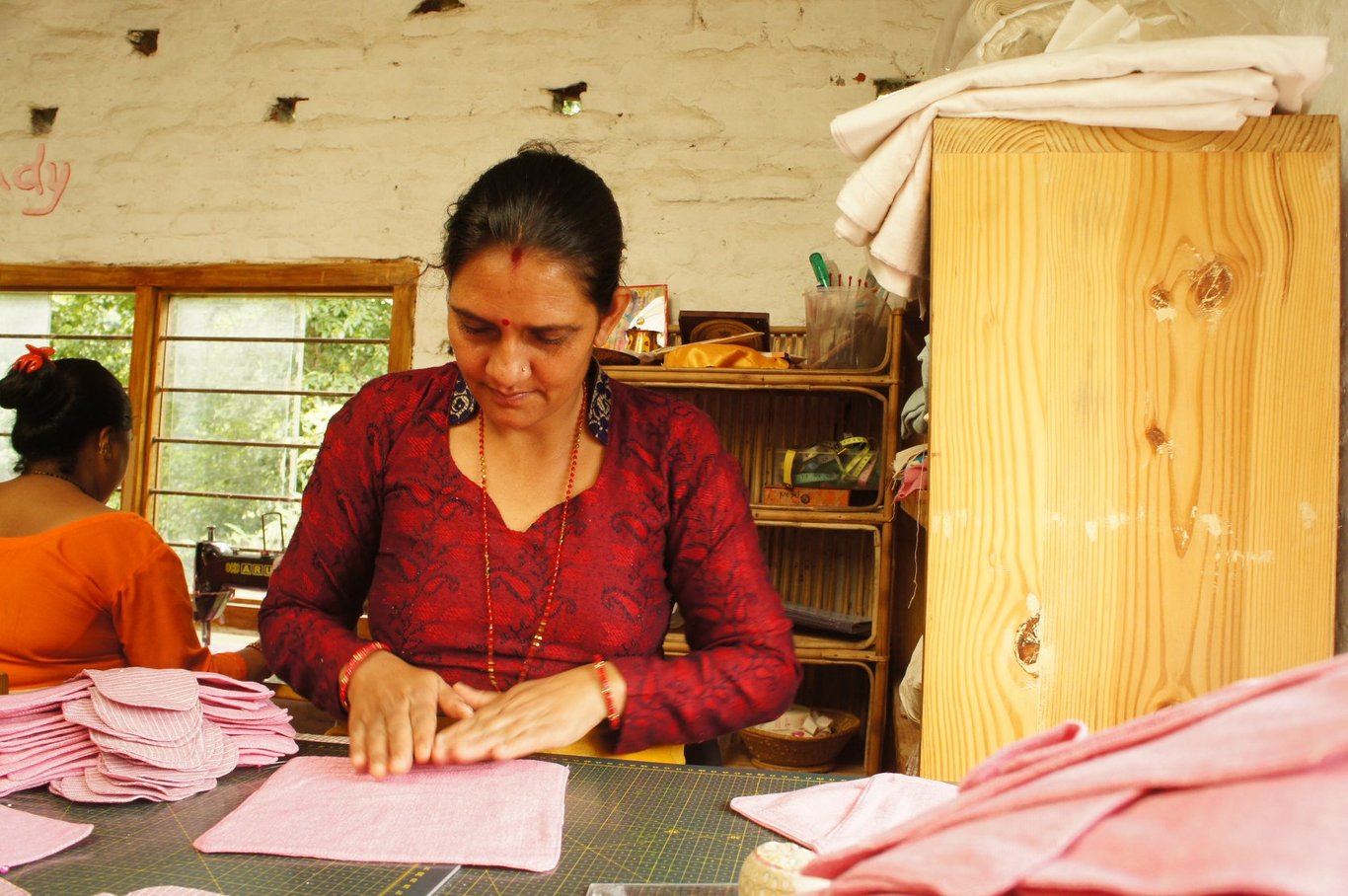"Informed AI News" is an AI-curated publications aggregation platform, ensuring you access only the most valuable information, with the aim of eliminating the information gap and transcending the confines of information cocoons. Find out more >>
Empowering Women and the Environment: The Dharti Mata Initiative in Nepal
- summary
- score

In the heart of Nepal, a transformative initiative called Dharti Mata ("Mother Earth") thrives, focusing on the production of reusable cloth sanitary pads. This venture not only champions environmental sustainability but also empowers local women, providing them with employment and education on menstrual health.
Kalpana, a founding member, reflects on the journey from traditional, rudimentary cloth usage to crafting sophisticated, eco-friendly sanitary products. Her role expanded from seamstress to educator, breaking taboos and fostering health awareness in her community.
Sabitri, another pivotal figure, transitioned from agricultural work to becoming a skilled seamstress and educator. Her move to the city promises to spread the initiative's impact further.
Bimala, known for her melodic voice, joined recently and is eager to learn and contribute to the mission of enhancing menstrual health and environmental consciousness.
Nirmala and Sudha, both with backgrounds in agriculture and women's advocacy, highlight the convenience and health benefits of cloth pads over disposable ones, advocating for broader acceptance.
Parbati and Sabitra, seasoned members, emphasize the dual role of their work: producing sustainable products and educating on menstrual health, challenging traditional stigmas.
Amrita and Anita, newer additions, bring fresh perspectives and skills, reinforcing the collective goal of expanding the use of cloth pads both locally and globally.
Dharti Mata exemplifies a grassroots movement that merges economic empowerment with environmental and health advocacy, proving that sustainable practices can be both viable and transformative.
| Scores | Value | Explanation |
|---|---|---|
| Objectivity | 5 | Content provides balanced reporting on the initiative's impact and challenges. |
| Social Impact | 4 | Content sparks discussion on menstrual health and environmental sustainability. |
| Credibility | 5 | Content is credible, supported by evidence from the initiative's participants. |
| Potential | 4 | Content highlights potential for broader adoption of sustainable practices. |
| Practicality | 5 | Content demonstrates practical application of sustainable menstrual health solutions. |
| Entertainment Value | 2 | Content is informative but lacks typical entertainment elements. |